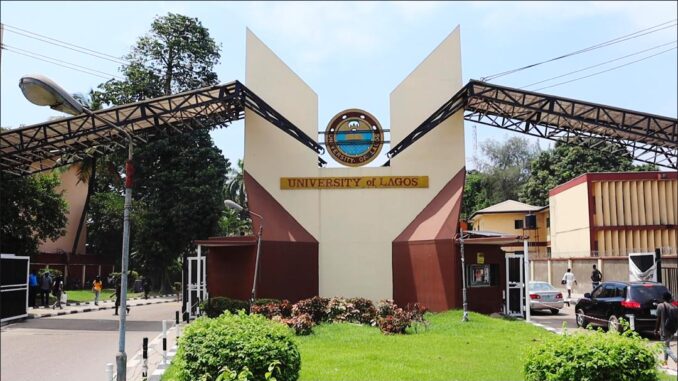
The University of Lagos (UNILAG) has introduced demurrage charges on uncollected certificates belonging to students of the institution.
In a statement, the varsity also increased its service charges for the re-issuance of damaged or burnt certificates and those with errors.
With the policy, any certificate that remains uncollected the year after convocation will incur a demurrage charge of N10,000.
The university also said the total cost of processing transcript upload is now N25,000 while inter or intra-faculty transfer application forms cost N20,000.
The institution attributed the policy, which became effective on May 31, to “the rising rate of inflation” in the country.
“Any certificate not collected the year immediately after convocation shall attract a demurrage charge of ten thousand naira (N10, 000.00),” the statement reads.
“There shall be an additional charge of five thousand naira (N5, 000.00) for every year that the certificate remains uncollected.
“This means that the demurrage charges will be calculated by multiplying the penalty rate by the number of years past the time limit.
“Cost of re-issuance of burnt/damaged certificates shall be Fifty Thousand Naira (N50, 000.00) in view of the rising rate of inflation.
“Certificates collected with spelling errors attributable to students’ faults shall be re-issued at the cost of thirty-five thousand naira (N35,000.00), provided such certificates are returned before the change of signatories.
“Certificates with spelling errors made by the university shall be re-issued at no extra cost to the students, provided the certificates are returned for re-issuance before the change of signatories.
“Failure to return certificates with errors in (3) above for re-issuance before the expiration of the tenure of the certificate signatories shall attract same payment of thirty-five thousand Naira (N35, 000.00).”
The institution said the new rates will further be reviewed “at a maximum interval of five (5) years, in line with the prevailing rate of inflation”.

Be the first to comment